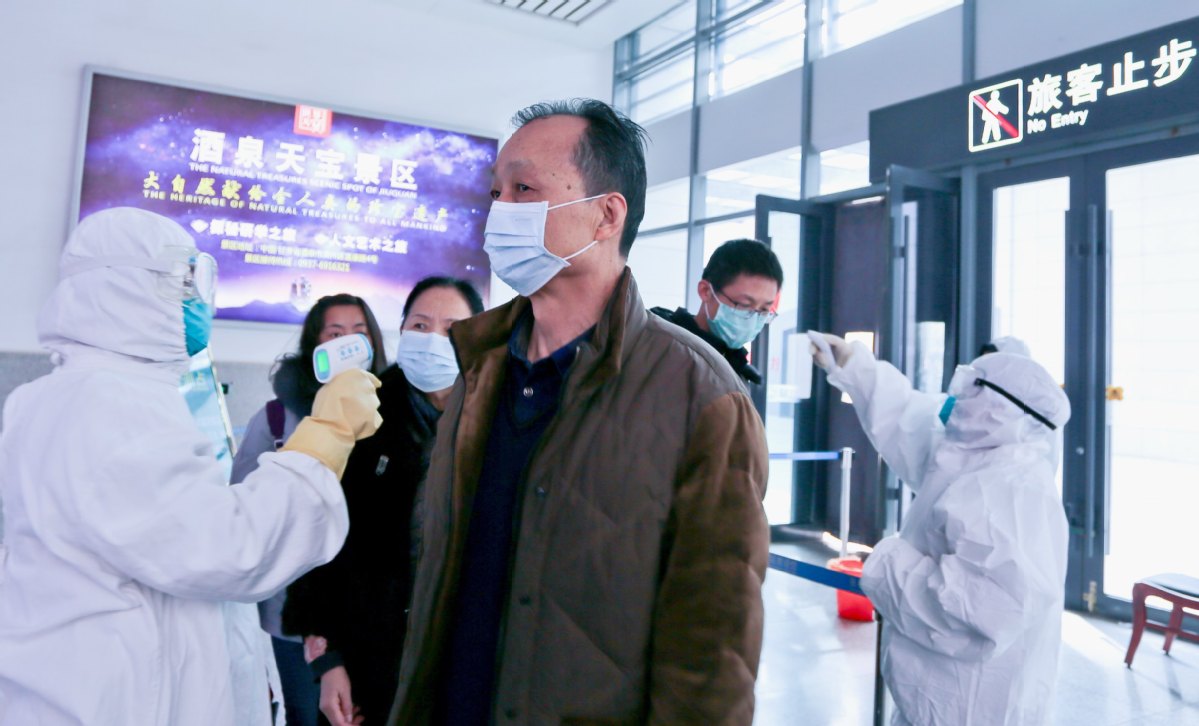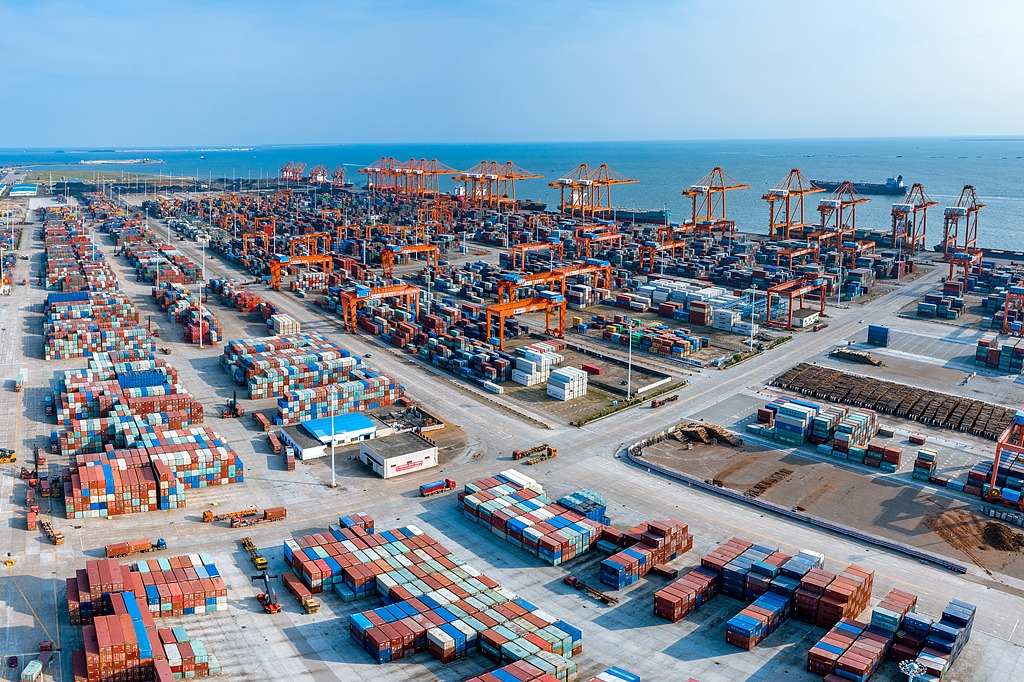Pandemic shows need for strong occupational safety and health
By Dai Xiaochu | chinadaily.com.cn | Updated: 2021-04-28 09:55

The COVID-19 pandemic, and its profound impacts on the world of work, underscore just how important Occupational Safety and Health is to all of us.
Workplaces can easily become contaminated with the novel coronavirus, exposing workers, their families and communities to infection. In addition to the risk of infection, workers in all sectors face additional hazards that have emerged due to new work practices and procedures adopted to mitigate the spread of the virus. Remote work, for example, has led to ergonomic and psychosocial risks, with some 65 percent of surveyed enterprises reporting worker morale has been difficult to sustain while working from home.
Certain workplaces have been particularly affected, such as the 136 million health and social workers at serious risk of acquiring COVID-19. Those workers, as well as essential staff in many other sectors, have faced increased workloads, longer working hours and reduced rest periods. The risk of violence and harassment at work has also risen, with consequences for both physical and mental well-being.
The protection of workers against sickness, disease and injury related to their work environment has been a central issue for the International Labor Organization since 1919. The ILO has adopted a series of international labour standards on Occupational Safety and Health. From the onset of the COVID-19 crisis, the principles contained in these standards have proven to be more relevant than ever, especially the principle of prevention.
Faced with an unprecedented public health emergency, governments have taken rapid measures to curb the spread of the virus through public health systems. Actors in the world of work, and particularly in the field of OSH, have been crucial in the emergency response for protecting workers, including those who support public health systems.
At the same time, special attention has been needed to ensure policies and strategies do not discriminate against any workers, and consider those in vulnerable situations including the young, women, disabled and migrant workers, the self-employed and the informal economy.
Among the many lessons learned from this crisis is the need for countries to have a sound and resilient OSH system in place. It is essential to have a system with the capacity to face future emergencies that can also protect workers’ safety and health and support the survival and continuity of enterprises. Investing in these systems enables countries to better face and recover from crises by safeguarding lives and livelihoods and advancing the protection of workers.
The key elements of a national OSH system are set out in ILO’s Promotional Framework for Occupational Safety and Health Convention, 2006 (No. 187). They comprise national OSH policy, regulatory and institutional frameworks; occupational health services; information, advisory services and training; data collection and research; and mechanisms for strengthening OSH management systems at the enterprise level to prevent and respond to OSH risks. Convention 187 has provided important guidance for member states in building OSH systems.
China took a people-centered approach in responding to the COVID-19 crisis, putting human life above all other considerations. The relevant agencies took swift action since the outbreak of the crisis. The National Health Commission and the Ministry of Emergency Management issued guiding measures on safely returning to work. National tripartite partners, including the Ministry of Human Resources and Social Security, All-China Federation of Trade Unions, China Enterprise Confederation, and All-China Federation of Industry and Commerce, adopted joint policy documents to guide enterprises on measures to mitigate COVID-19 and protect workers’ safety and health. The central government’s working group on COVID-19 released measures in 10 areas on protection of health workers, including personal protection, rest time and psychological health. Since the outbreak of the crisis, the ILO has localized a series of ILO COVID-19 response tools and manuals and organized online OSH training for 594 health workers in 128 hospitals in Hubei province.
The experience of countries in responding to the COVID-19 pandemic has demonstrated the importance of social dialogue between governments, employers’ and workers’ organizations — not only in responding to crises, but also in promoting good OSH conditions. A climate of trust, built through social dialogue, is essential for the effective implementation of measures to address emergencies such as COVID-19, which require quick and effective action. Therefore we need to strengthen respect for and reliance upon mechanisms for social dialogue. This will help create a strong foundation for building resilience and encouraging commitment from employers and workers to necessary policy and practical measures. At the same time, it is important to ensure the national OSH system will protect all workers, including those in new forms of employment like the gig economy.
COVID-19 has undoubtedly been one of the gravest Occupational Safety and Health challenges the world has ever faced. Through the concerted action and commitment of all stakeholders, we must forge the strong and effective national OSH systems we need to safeguard the life and health of every worker for years to come. Together we can promote more decent work!
Xiaochu Dai is officer-in-charge and deputy director of the ILO Country Office for China and Mongolia.
























